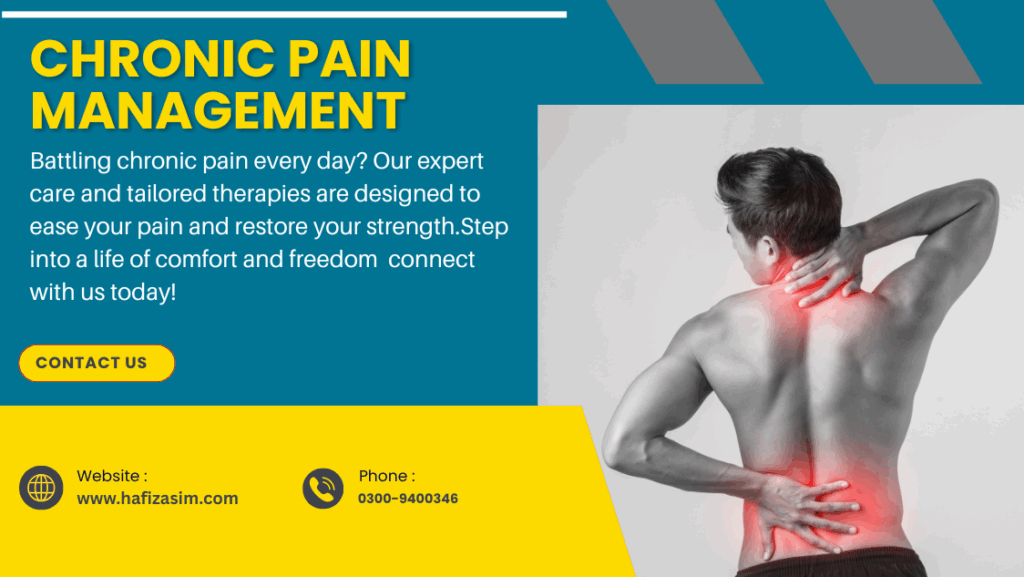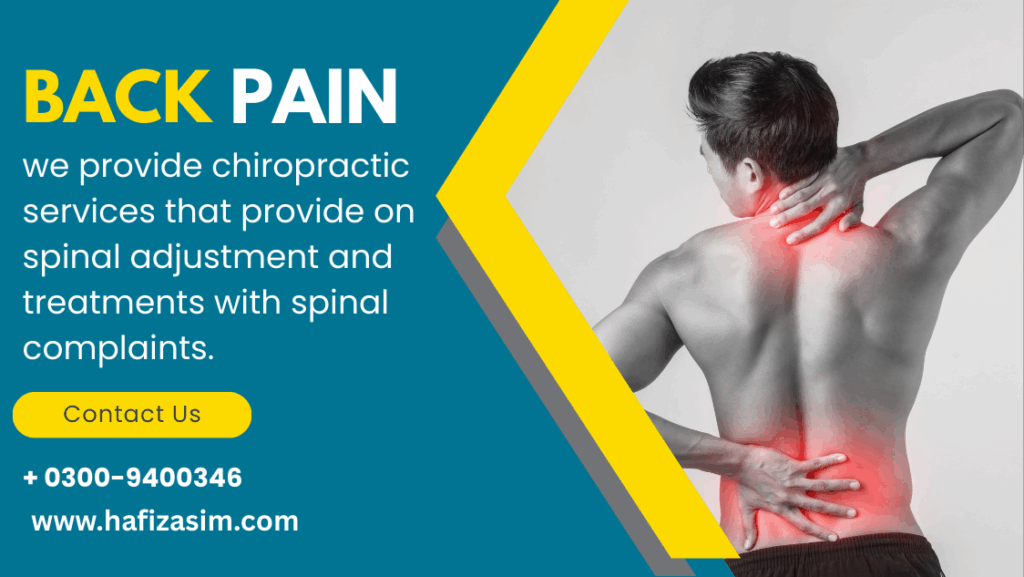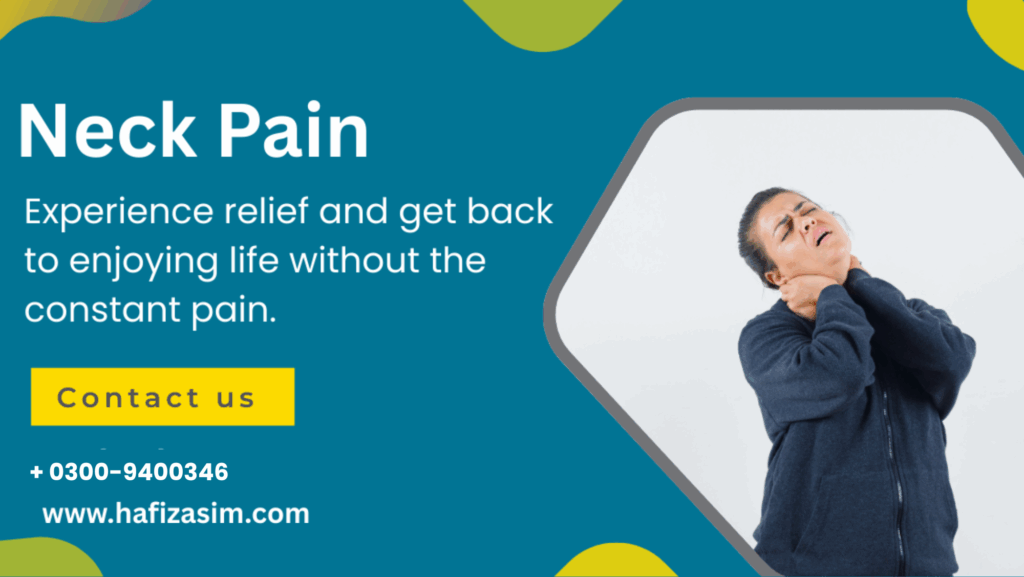Introduction: Understanding Chronic Pain
Chronic pain is a condition that persists for months or even years, affecting millions of individuals worldwide. Unlike acute pain, which signals injury or illness, chronic pain often persists long after the initial cause has been treated. It can disrupt daily life, hinder productivity, and take a toll on mental health.
If you or a loved one are battling chronic pain, understanding its causes and exploring management options can make a transformative difference.
What is Chronic Pain?
Chronic pain is defined as pain that lasts longer than three to six months. It can affect any part of the body and vary in intensity. Some common types include:
- Lower Back Pain
- Neck Pain
- Joint Pain (e.g., Arthritis)
- Nerve Pain (Neuropathy)
Causes of Chronic Pain
Chronic pain can stem from a variety of factors, such as:
- Injury: Pain that lingers after an accident or surgery.
- Nerve Damage: Conditions like sciatica or diabetic neuropathy.
- Chronic Illnesses: Arthritis, fibromyalgia, or cancer.
- Inflammation: Autoimmune diseases like lupus or Crohn’s disease.
- Unknown Causes: In some cases, chronic pain may have no clear origin.
Impact of Chronic Pain on Life
Chronic pain doesn’t just affect the body—it impacts emotional and mental well-being. Many sufferers experience:
- Depression and anxiety
- Difficulty sleeping
- Reduced mobility
- Social withdrawal
This makes managing chronic pain crucial not only for physical health but also for overall quality of life.
Effective Chronic Pain Management Strategies
While chronic pain can feel overwhelming, there are numerous strategies to help manage and alleviate it:
1. Physical Therapy
Physical therapy is a cornerstone of chronic pain management. A trained therapist can guide you through exercises designed to:
- Improve flexibility and strength.
- Reduce muscle tension.
- Restore mobility.
2. Medications
Pain relief medications, including NSAIDs, antidepressants, and nerve pain medications, may be recommended by a physician. Always consult a healthcare provider before starting any medication.
3. Lifestyle Modifications
Adopting healthy habits can make a significant difference:
- Exercise Regularly: Low-impact activities like swimming or yoga can reduce pain.
- Maintain a Healthy Diet: Anti-inflammatory foods like fruits, vegetables, and omega-3 fatty acids can help.
- Practice Good Sleep Hygiene: Adequate rest supports healing and reduces sensitivity to pain.
4. Mind-Body Techniques
Stress and emotional distress can amplify chronic pain. Techniques like:
- Meditation
- Deep Breathing
- Cognitive Behavioral Therapy (CBT)
can help reduce pain perception.
5. Alternative Therapies
Some people find relief in complementary therapies, including:
- Acupuncture
- Chiropractic care
- Massage therapy
6. Advanced Interventions
For severe cases, treatments like nerve blocks, spinal cord stimulation, or surgery may be necessary.
How IMC Rehab Services Can Help
At IMC Rehab Services, we specialize in evidence-based therapies for chronic pain. Our multidisciplinary team provides personalized treatment plans to help you regain control of your life. From physical therapy to lifestyle coaching, we are here to support you every step of the way.
Real Success Stories
Case Study:
After years of living with chronic back pain, Maria found relief through a tailored physical therapy program and mindfulness practices. Today, she enjoys her daily walks pain-free.
Conclusion: A Path to a Pain-Free Life
Living with chronic pain doesn’t have to be your reality. With the right strategies and professional guidance, you can reclaim your life and rediscover comfort and joy.
Take the First Step Today:
Contact IMC Rehab Services for a personalized consultation and start your journey to lasting pain relief.


